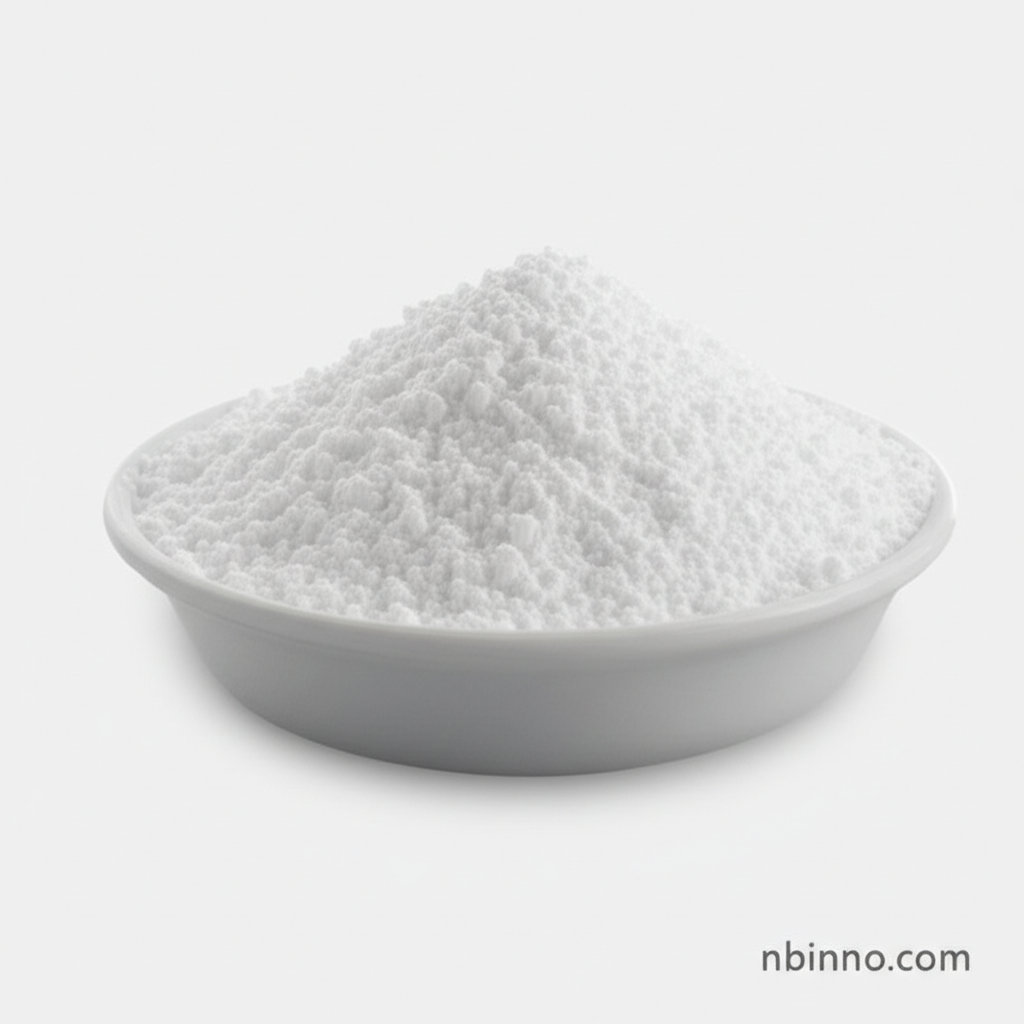Chitosan (CAS 9012-76-4): A Versatile Biopolymer for Diverse Industries
Discover the extensive applications of Chitosan, a natural biopolymer with unique properties for water treatment, food, and beyond.
Get a Quote & SampleProduct Core Value

Chitosan
Chitosan, identified by CAS number 9012-76-4, is a naturally occurring biopolymer with exceptional versatility. It serves as a crucial thickener, stabilizer, gelling agent, and binder across various sectors. Its biocompatibility and biodegradability make it an attractive sustainable material for numerous applications.
- Explore the wide-ranging Chitosan industrial applications for your business needs.
- Learn how Chitosan thickening agent for food can enhance product quality and shelf-life.
- Understand the efficacy of Chitosan water treatment uses for environmental purification processes.
- Investigate its role as an Chitosan oil drilling auxiliary agent in the energy sector.
Key Advantages Offered
Sustainability & Eco-Friendliness
As a derivative of chitin, often sourced from waste materials, chitosan offers a sustainable and environmentally friendly alternative to synthetic chemicals, supporting greener industrial practices and buy Chitosan CAS 9012-76-4 online responsibly.
Broad Applicability
From acting as a Chitosan as a binder and stabilizer in industrial formulations to its use in advanced water treatment, chitosan's adaptability makes it invaluable across diverse markets.
Biocompatibility & Safety
With inherent antimicrobial and biocompatible properties, chitosan is increasingly utilized in Chitosan for biomedical applications, including advanced drug delivery systems and wound care solutions.
Key Applications
Water Treatment
Chitosan is highly effective in purifying water, acting as a flocculant to remove heavy metals and other contaminants, thereby contributing to sustainable water management practices.
Food Industry
Its properties as a natural preservative, thickener, and stabilizer are leveraged to enhance the quality and extend the shelf life of various food products.
Industrial Auxiliaries
Utilized as an auxiliary agent in rubber, plastics, coatings, and textiles, improving material performance and processing efficiency.
Biomedical and Pharmaceutical
Its biocompatibility and biodegradability make it a prime candidate for drug delivery systems, tissue engineering, and wound healing applications.
